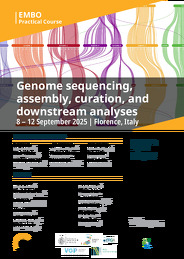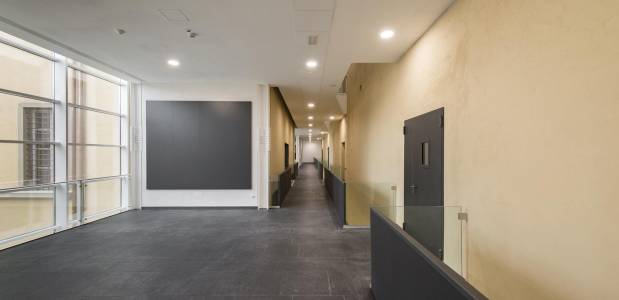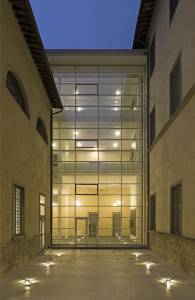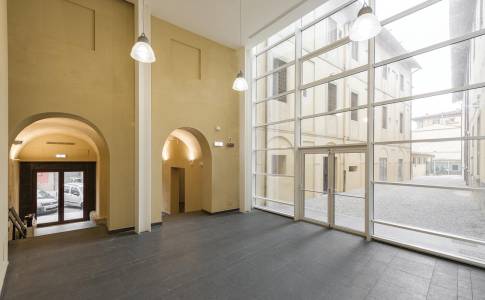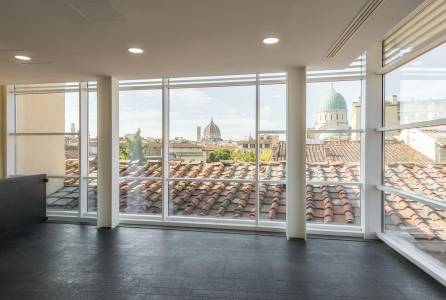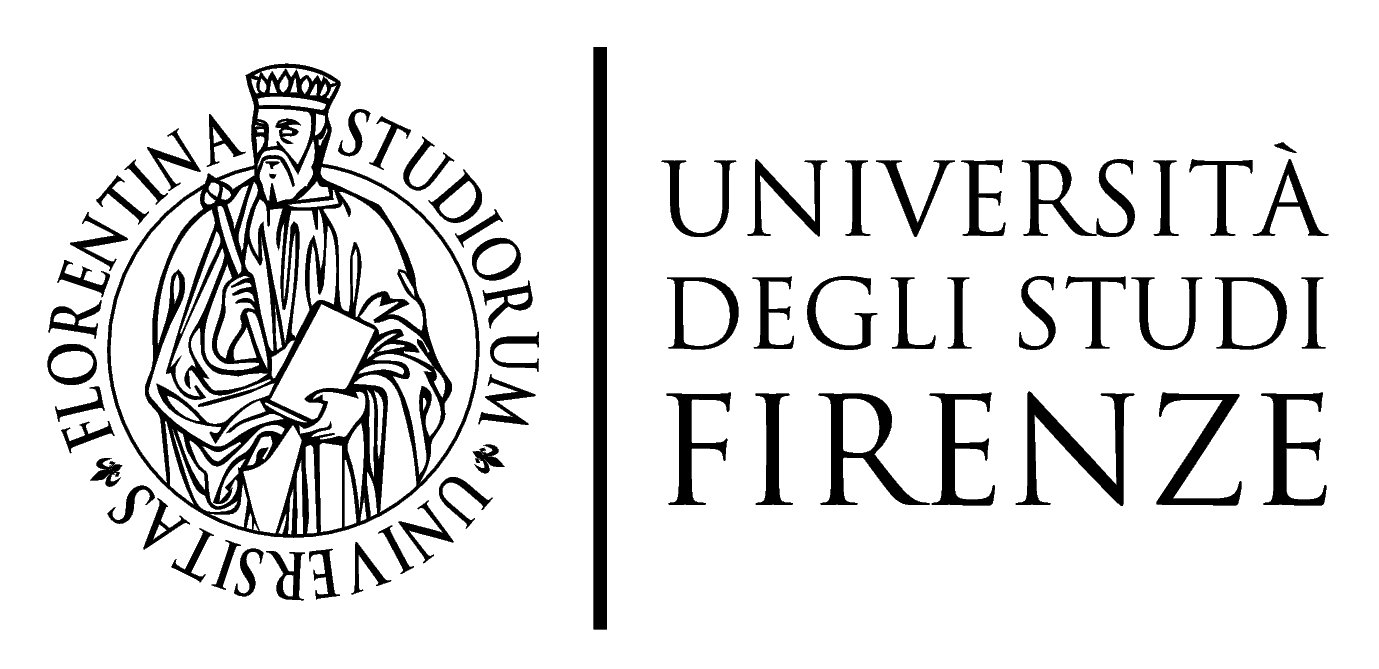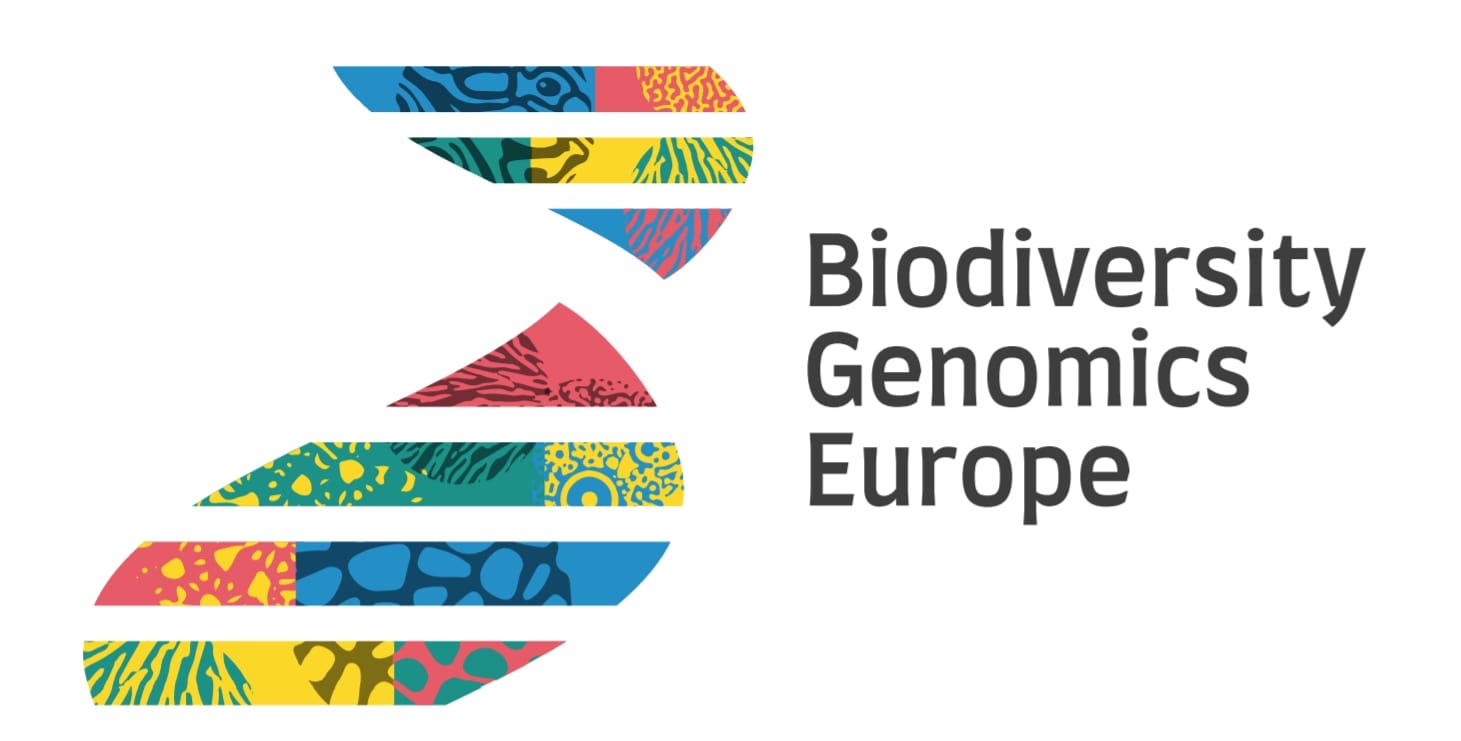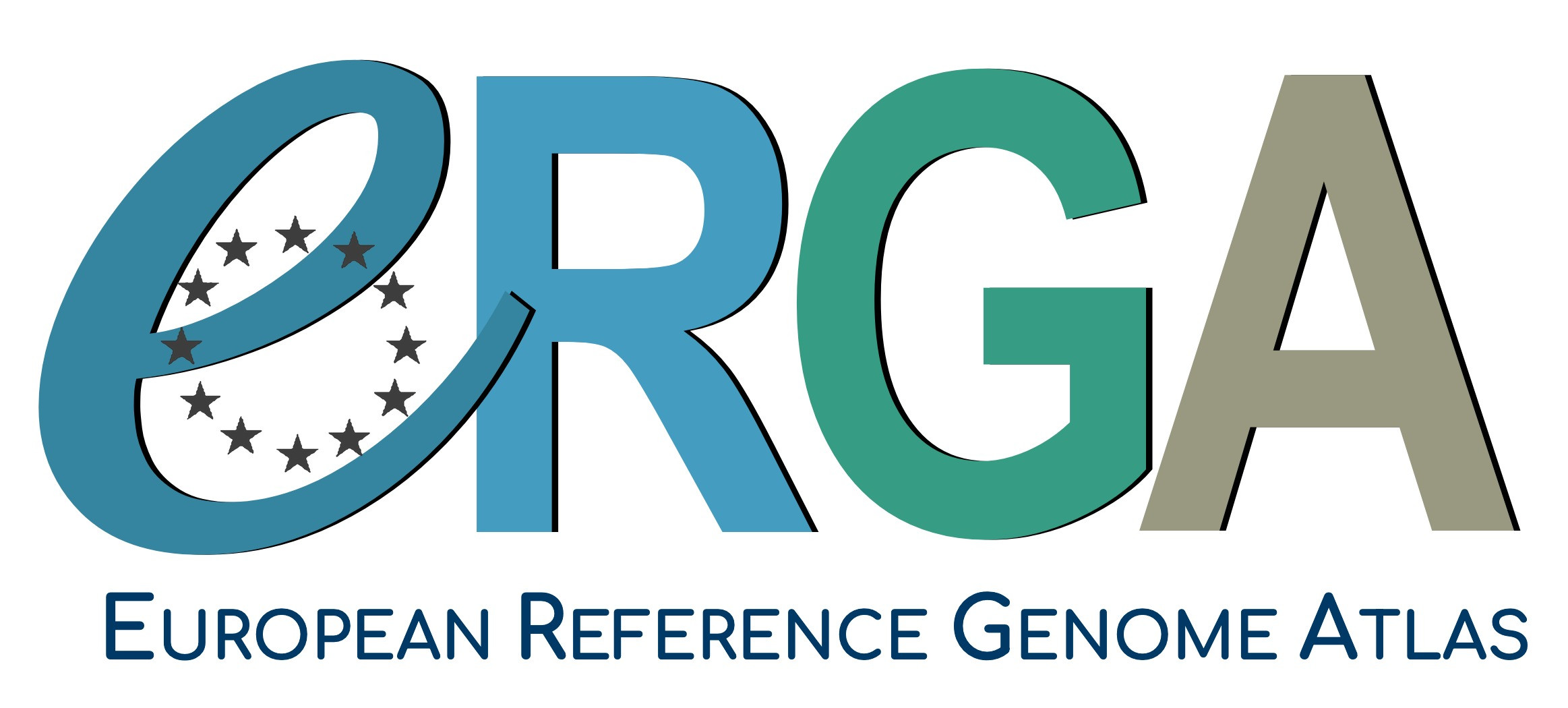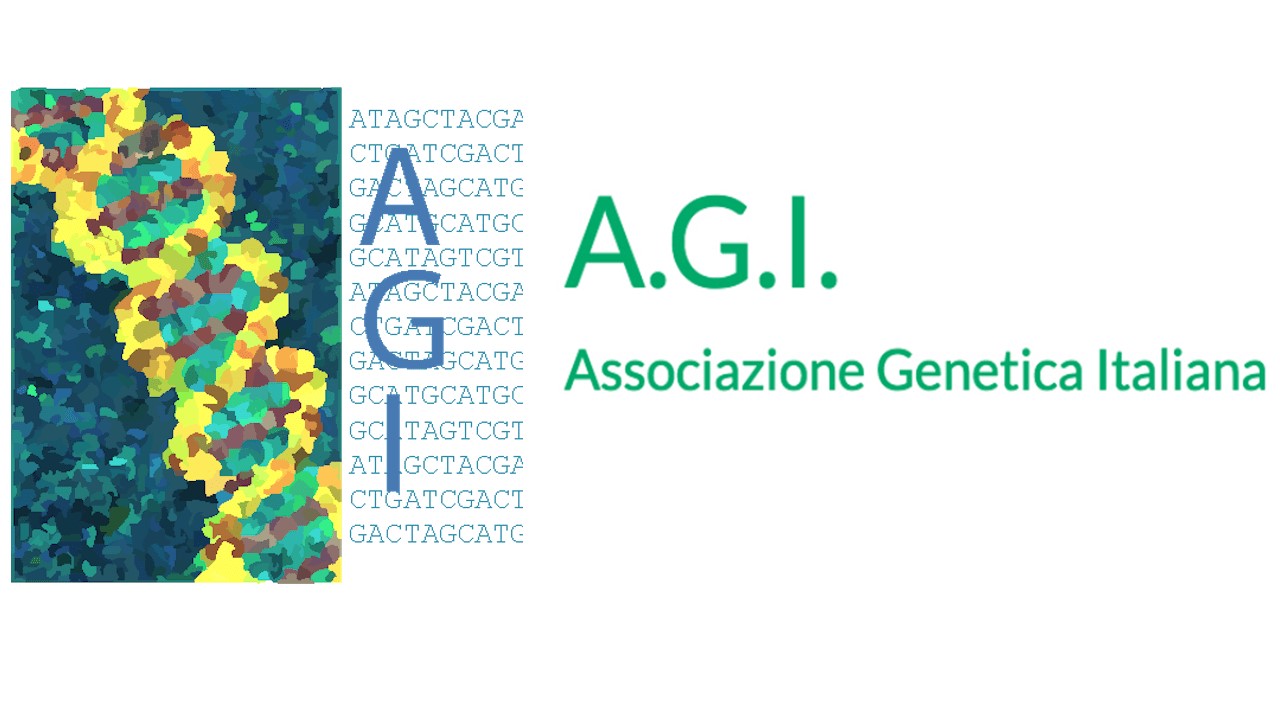About the Practical Course

Advances in long-read sequencing methods such as Pacific Biosciences (PacBio) and Oxford Nanopore Technologies (ONT) and scaffolding approaches using chromosome conformation capture have significantly improved the possibility of generating chromosome-level assemblies for an increasing variety of organisms. As a consequence, the number of genome initiatives such as the Earth BioGenome Project, Darwin Tree of Life and the European Reference Genome Atlas are rapidly increasing to facilitate production of reference genomes as an essential tool in biodiversity and evolutionary biology research. The hands-on course in genome sequencing, assembly and downstream analysis will guide participants through main sequencing techniques and latest bioinformatic tools to produce high-quality genome assemblies of interest for downstream analysis and publication.
The course offers practical training in the use of computational tools for genome assembly such as HiFiasm, Verkko, Flye and NextDeNovo for PacBio HiFi reads or Flye, Canu, Raven and NextDeNovo for ONT reads, with troubleshooting sessions highlighting strengths and weaknesses of each methodology. Training and learning tools include a userfriendly dedicated Galaxy instance (https://usegalaxy.eu) through the Galaxy Training Infrastructure as a Service (TIaaS, https://usegalaxy.org/tiaas), which provides a GUI to run and analyse complex workflow. Students will be also trained in the use and interpretation of tools to perform Quality Control at each step of the genome assembly process and will participate in discussion on the quality of the results and possible strategies to improve the accuracy of assemblies. The course is aimed at graduate students and postdoctoral researchers as well as scientists at any stage of their careers.
Image credits: Nadège Guiglielmoni
About EMBO Courses and Workshops
EMBO Courses and Workshops are selected for their excellent scientific quality and timelines, provision of good networking activities for all participants and speaker gender diversity (at least 40% of speakers must be from the underrepresented gender).
Organisers are encouraged to implement measures to make the meeting environmentally more sustainable.




